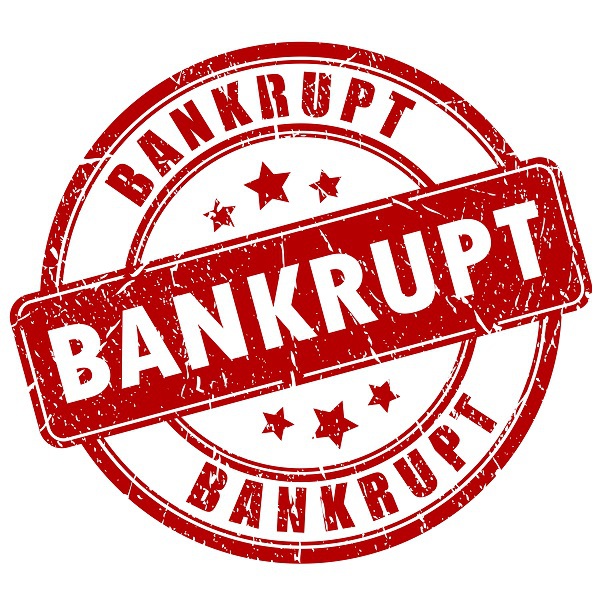
Whether you are new to the business of being a landlord or consider yourself a veteran in leasing out property, you are probably well-apprised of the myriad headaches involved. Renting out a commercial property has its own set of complexities for you as the owner. First, the lease must be extremely thorough, and far above and beyond what one would normally see in a residential lease. The potential tenant must be vetted in terms of their financial standing, business plan, as well as a personal and business background and credit check. Aside from listing the amount of rent due each month (and when), you may want to factor in lease increases over time. The timeframe is probably much longer also, perhaps spanning decades even. Use is a major consideration too, especially if you are leasing your site out to a company that is in food service or will need to up-fit the property substantially. There may be clauses regarding environmental concerns, keeping the harmony with the neighboring businesses as well as not competing with them, and more.
The commercial lease may take weeks or even months to complete as all parties involved negotiated the finances, timeframe for the lease, and other terms. Once it has been signed, the keys have been handed over, and the commercial tenant is up and running, you may think the hard part is over. Unfortunately, running a business and staying on top can be extremely challenging in any atmosphere, as competition is tough, and customers can be surprisingly fickle. You may notice some red flags with your tenant after some time. The property may suddenly look run-down, devoid of customers, and your tenants may suddenly be having difficulty paying the rent on time. While it may not be a concern at first, if the problem continues, you will probably be getting nervous enough to ask what is going on. While sometimes it is easier to float along for a while and hope the tenant’s financial issues resolve themselves without you having to confront them awkwardly, it is also important to protect your investment and be aware of what is going on before you start to lose money.
If you think the tenant may be about to file for bankruptcy, you not only need to speak with the tenant about what is going on, but consult with an experienced attorney like Shane Coons who specializes in landlord/tenant issues. In filing for Chapter 11, your tenant may be taking time to reorganize their finances while keeping the doors open. And if they plan on staying in their current location, you will need to keep up with their bankruptcy filing, as well as speaking with your attorney to make sure the tenant is able to continue to pay rent and is not planning to try and have payments modified through the court. This type of law can be complex, and if you need to fight for your rights to get paid, expert legal advice will be necessary. Keep in mind that in bankruptcy, it is possible the tenant could be released from the lease due to a lack of income. If back pay for rent is owed, you may receive it, but you will be in line with all the other creditors.
Do you have questions about a commercial tenant who is filing for bankruptcy? Are you in the middle of a business dispute and require experienced representation? Call Shane Coons now at 949-333-0900 or email us at Shane.Coons@seclawoffices.com. We will be glad to review your case, answer your questions, and help you move forward with success.
